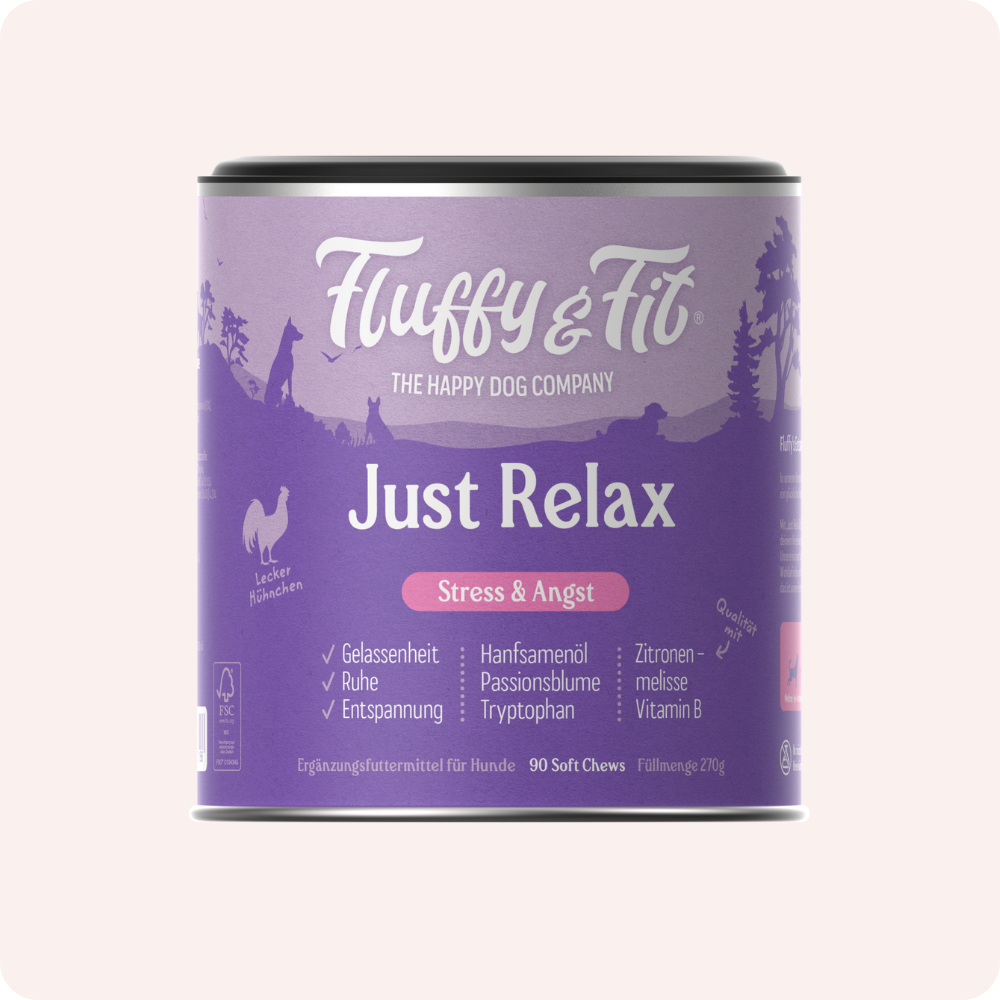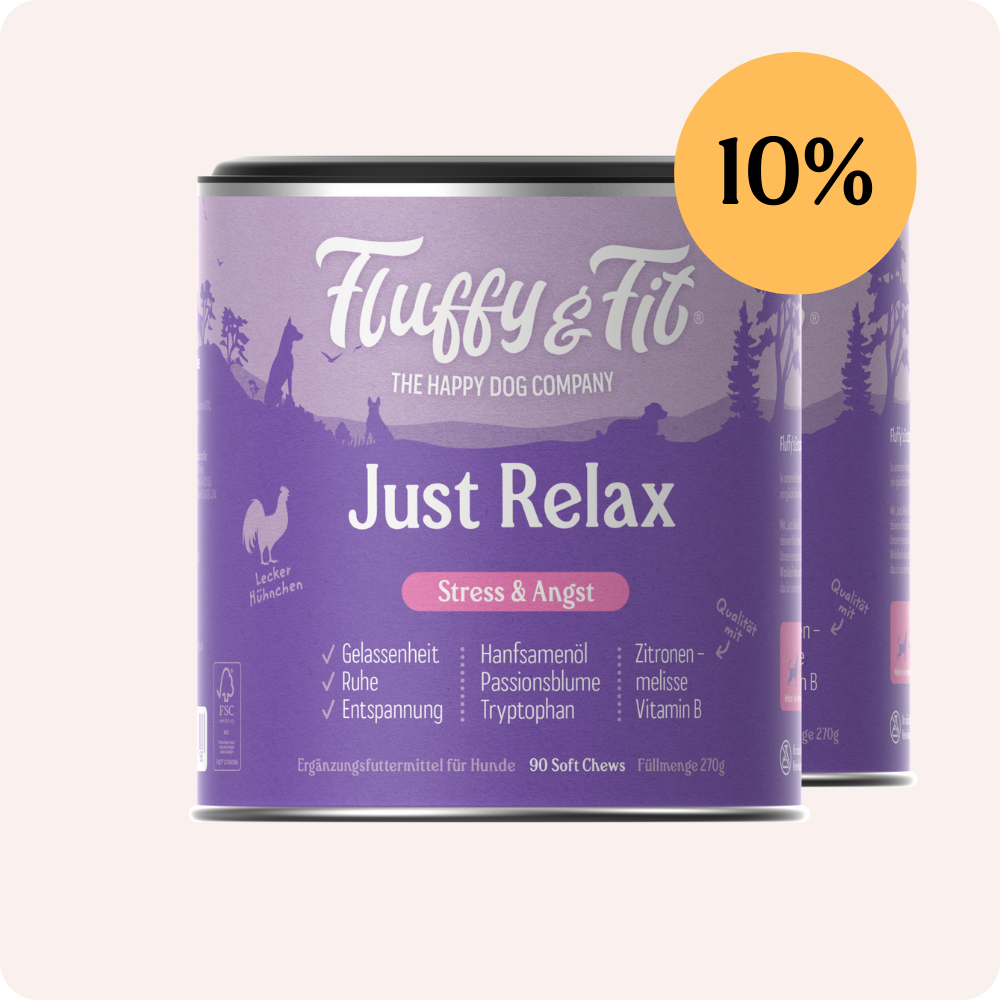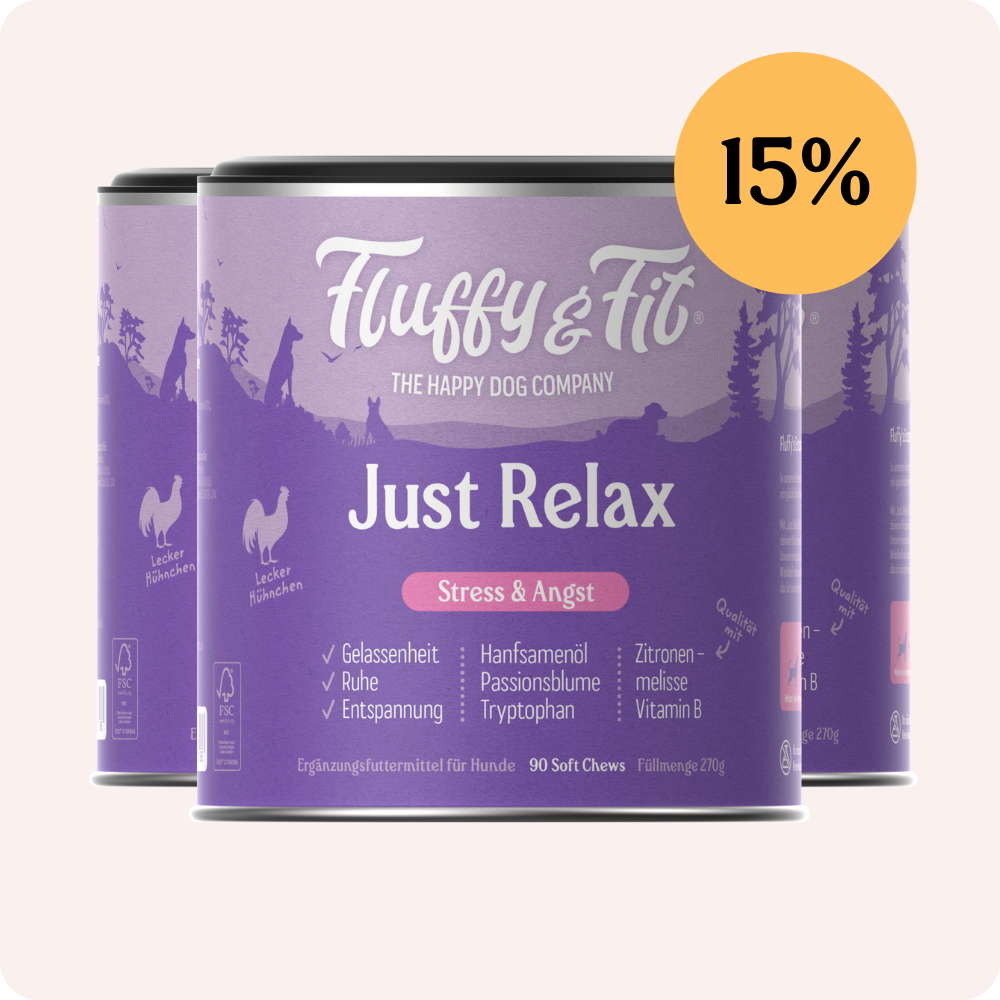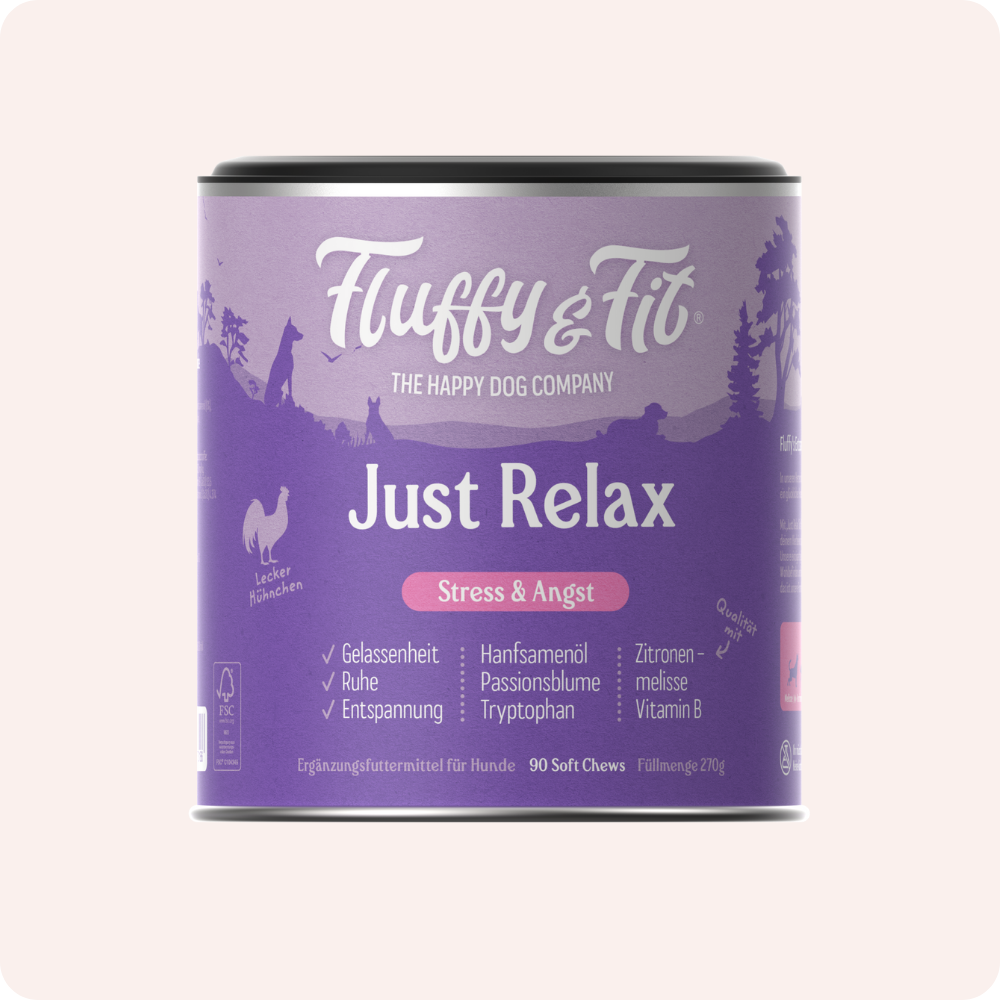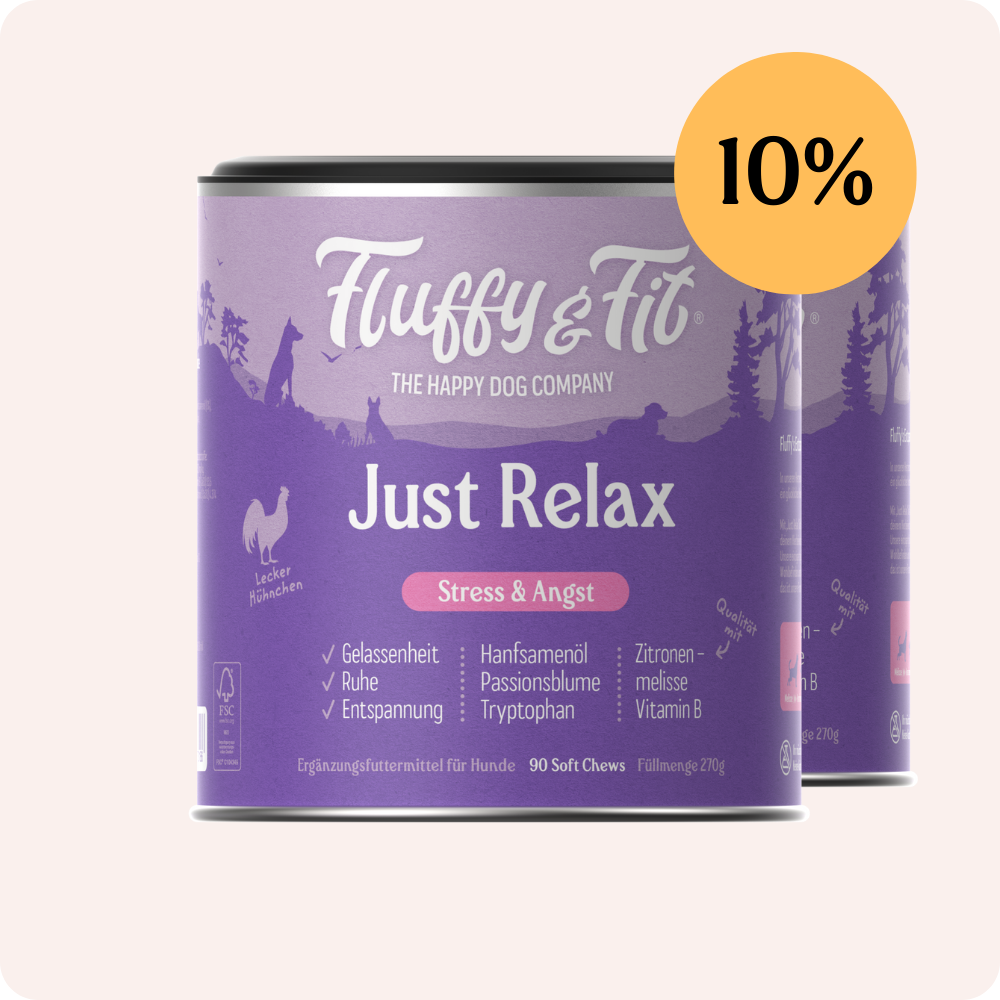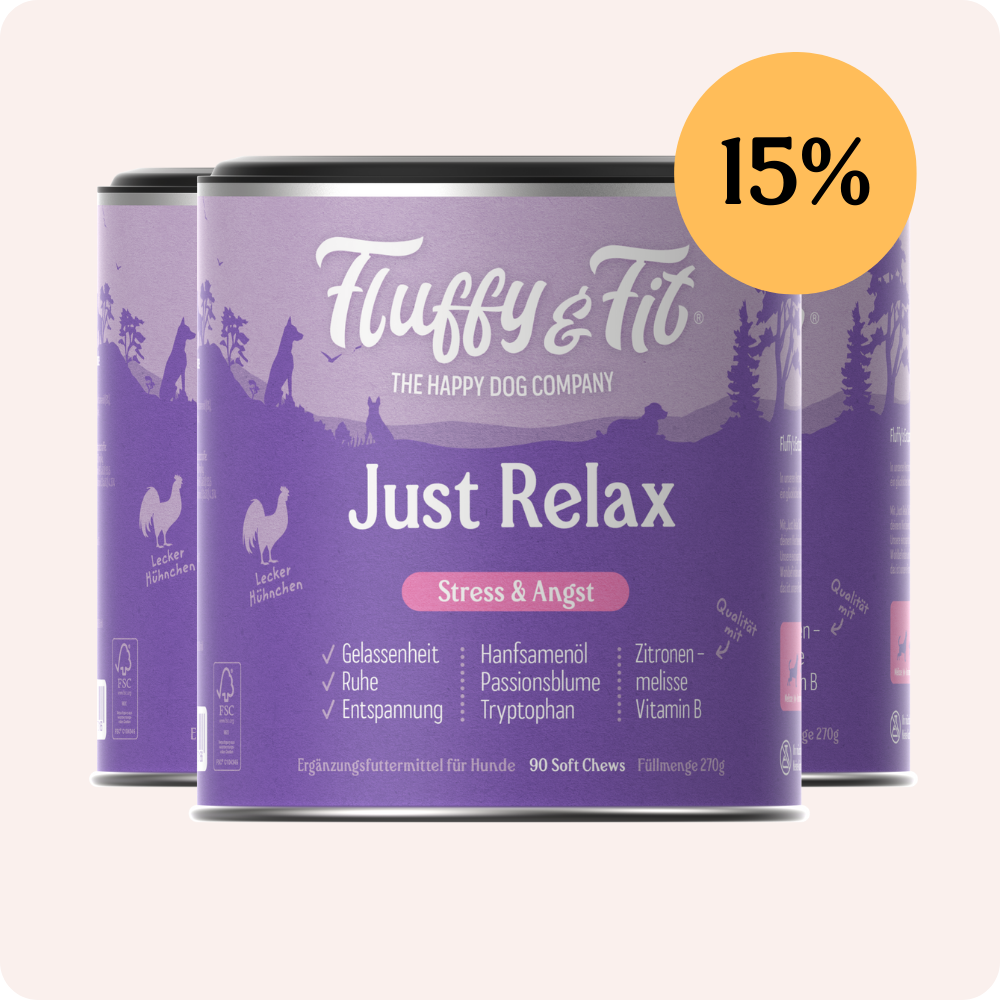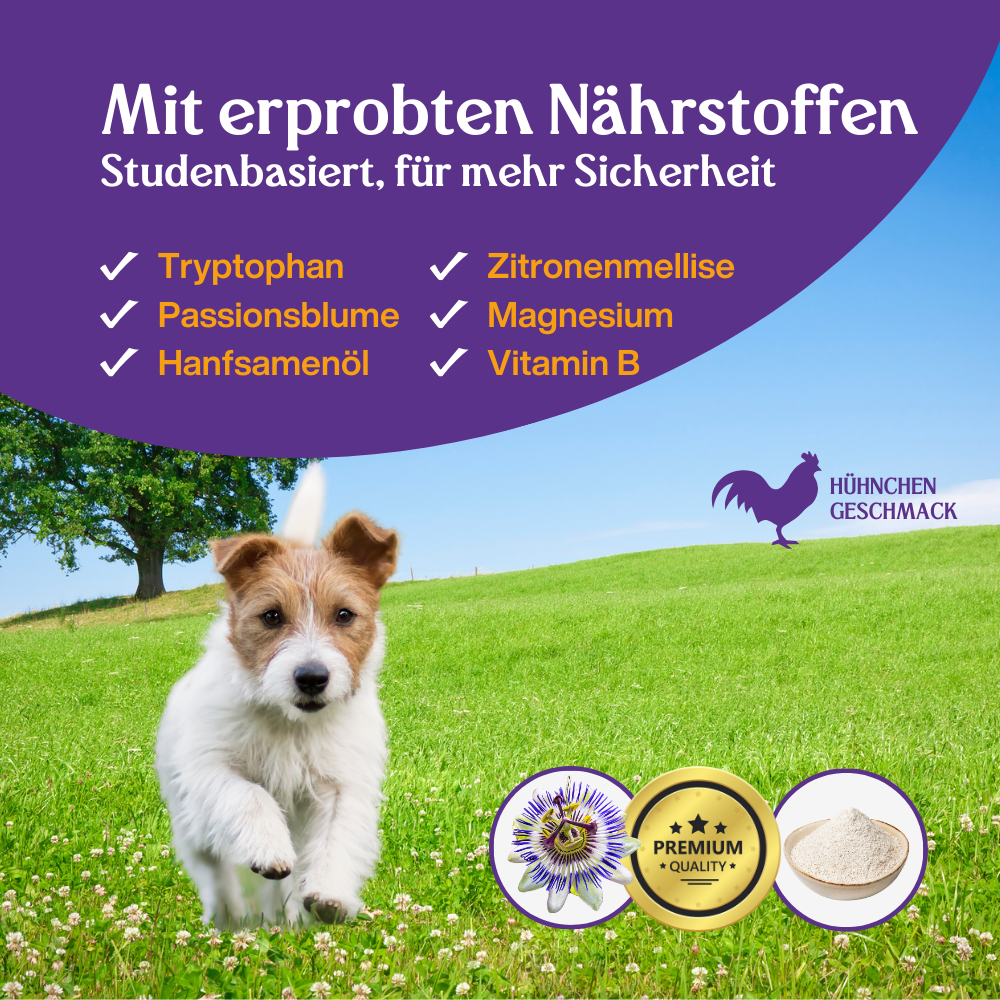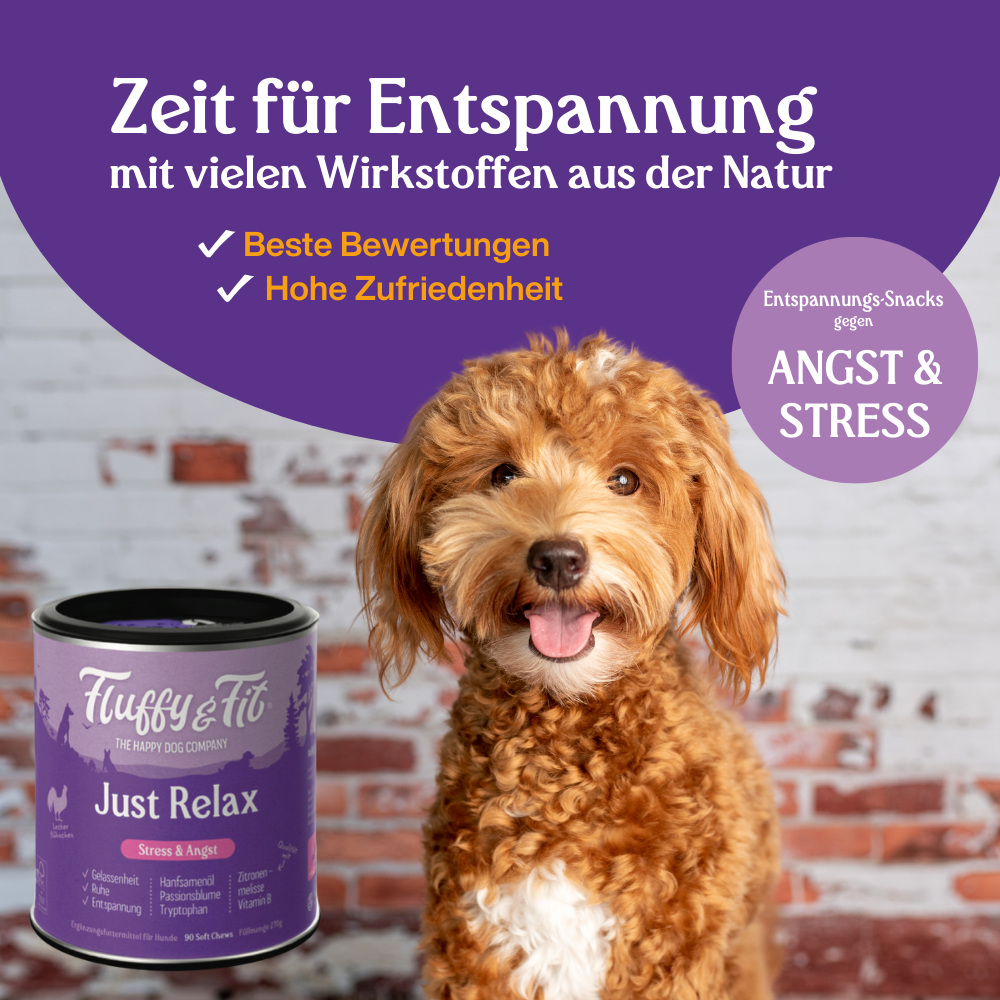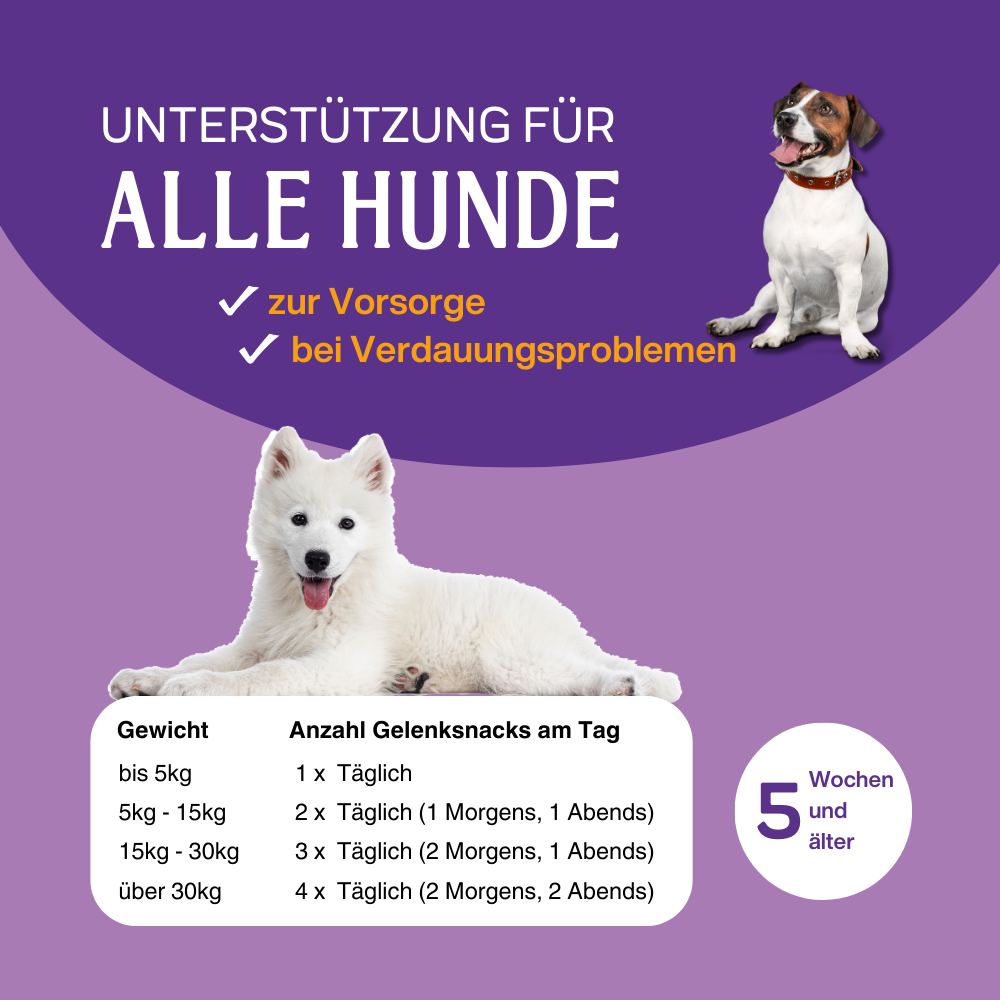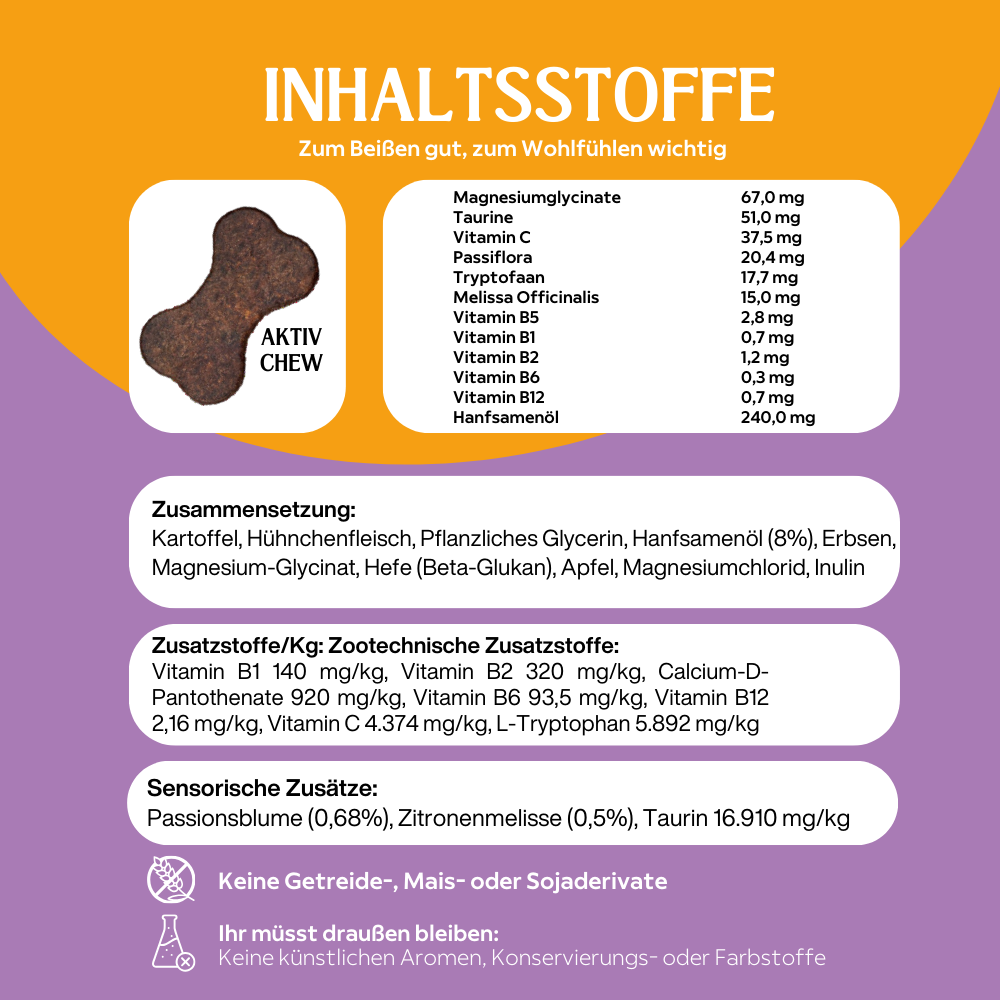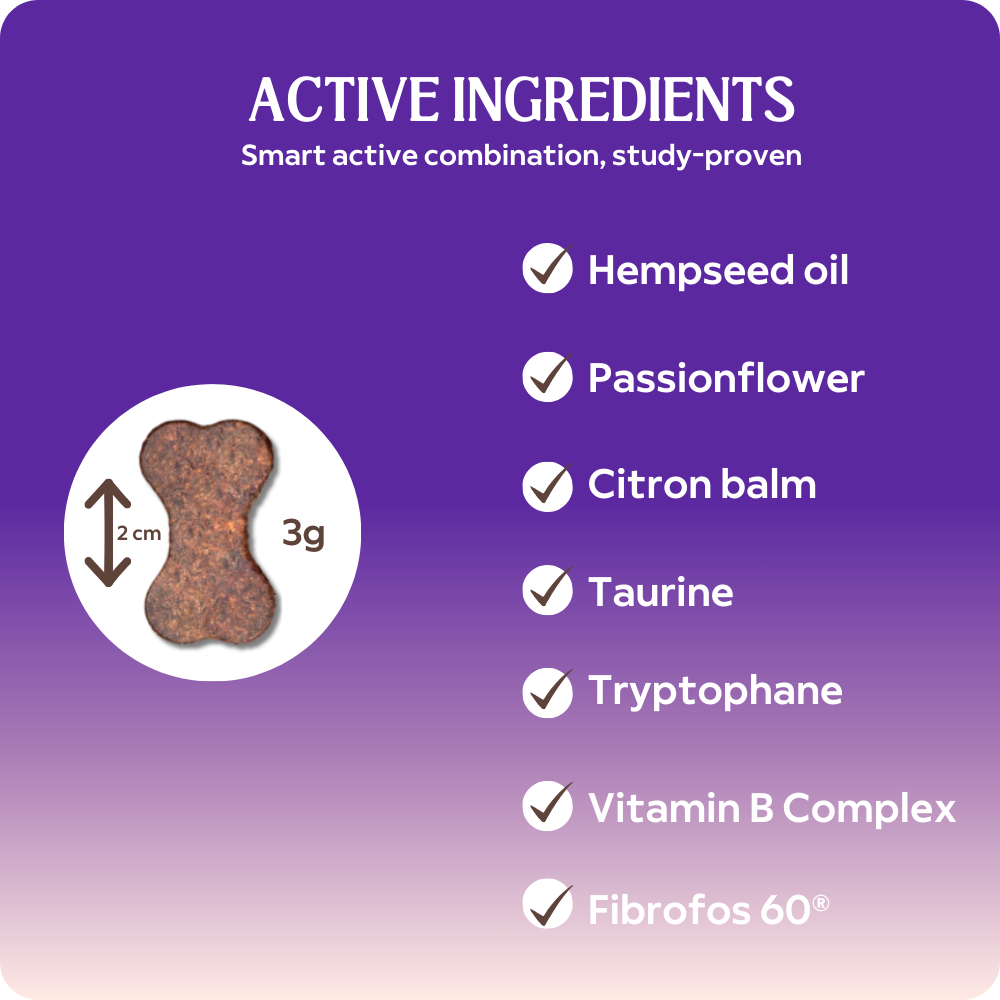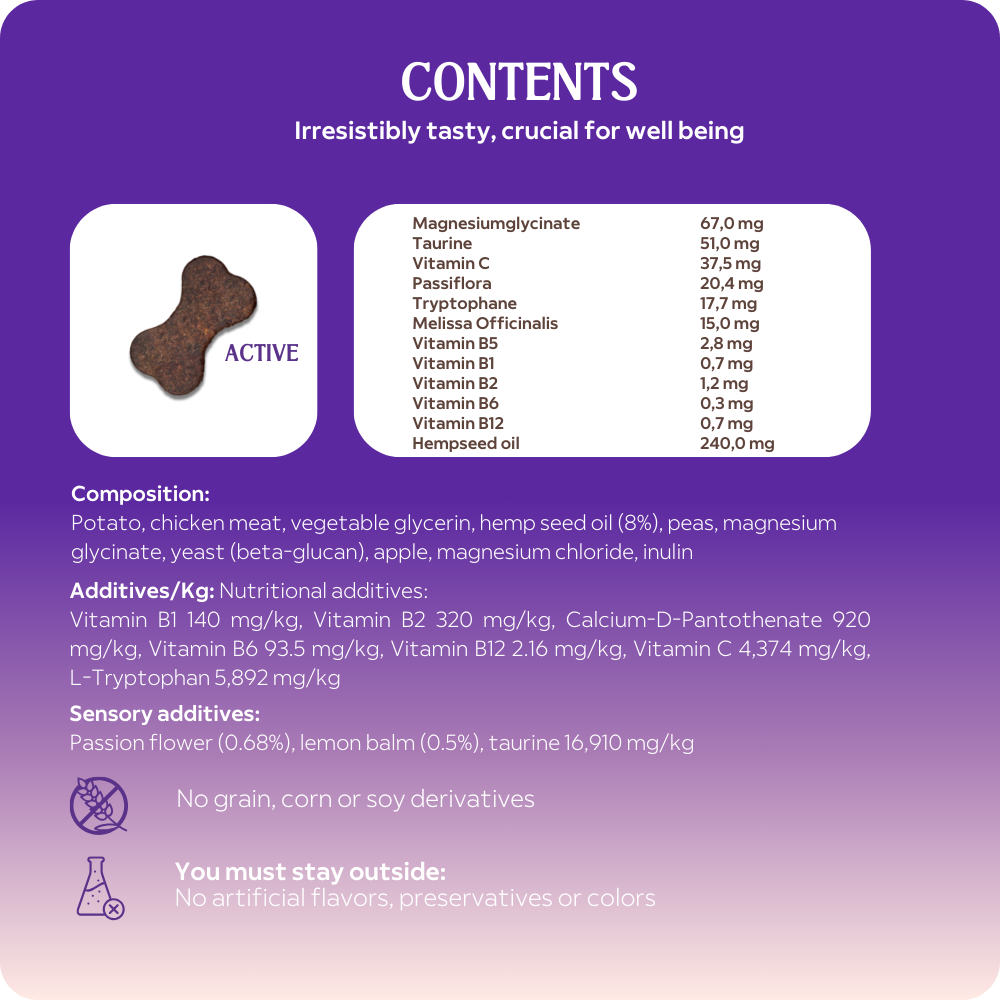Before we delve deeper into the topic of valerian and dogs, let's briefly clarify what valerian actually is.
What is Valerian?
Valerian (Valeriana officinalis) is a plant native to Europe and Asia. It has been used in traditional medicine for centuries. The root of this plant is particularly known for its calming properties and is often used in teas, tinctures and capsules. Their calming effects come from a combination of compounds known as valepotriates.
Now that we know what valerian is, let's look at how it can be used on dogs.
1. Why Valerian in Dogs?
Valerian can help dogs suffering from anxiety, nervousness, or hyperactivity. The calming effect of valerian root can be particularly helpful in stressful situations such as thunderstorms, fireworks or travel.
2. Dosage is crucial
It is important to emphasize that the dosage of valerian in dogs depends on various factors, such as the dog's weight. It is always advisable to start with a low dose and adjust as necessary. It is best to consult your veterinarian to determine the correct dosage for your dog.
3. Valerian is not suitable for every dog
Although valerian can be beneficial for many dogs, it is not suitable for every dog. Some dogs may have an allergic reaction to valerian or experience side effects such as stomach upset. It is therefore important to monitor your dog carefully after giving valerian and to consult your veterinarian immediately if you have any concerns.
4. The method of administration
Valerian comes in various forms - from drops to tablets to teas. Depending on what your dog prefers and how he reacts best to it, you can choose the appropriate shape.
5. Combination with other medications
If your dog is already taking medication, you should consult your veterinarian before giving him valerian. Combining valerian with certain medications can lead to unwanted interactions.
Conclusion
Valerian can be a natural way to help your dog with anxiety and nervousness. However, it is important to be careful and make sure you have all the necessary information before giving your dog valerian. And always remember: If you have any doubts or concerns, it is always best to consult a veterinarian.


